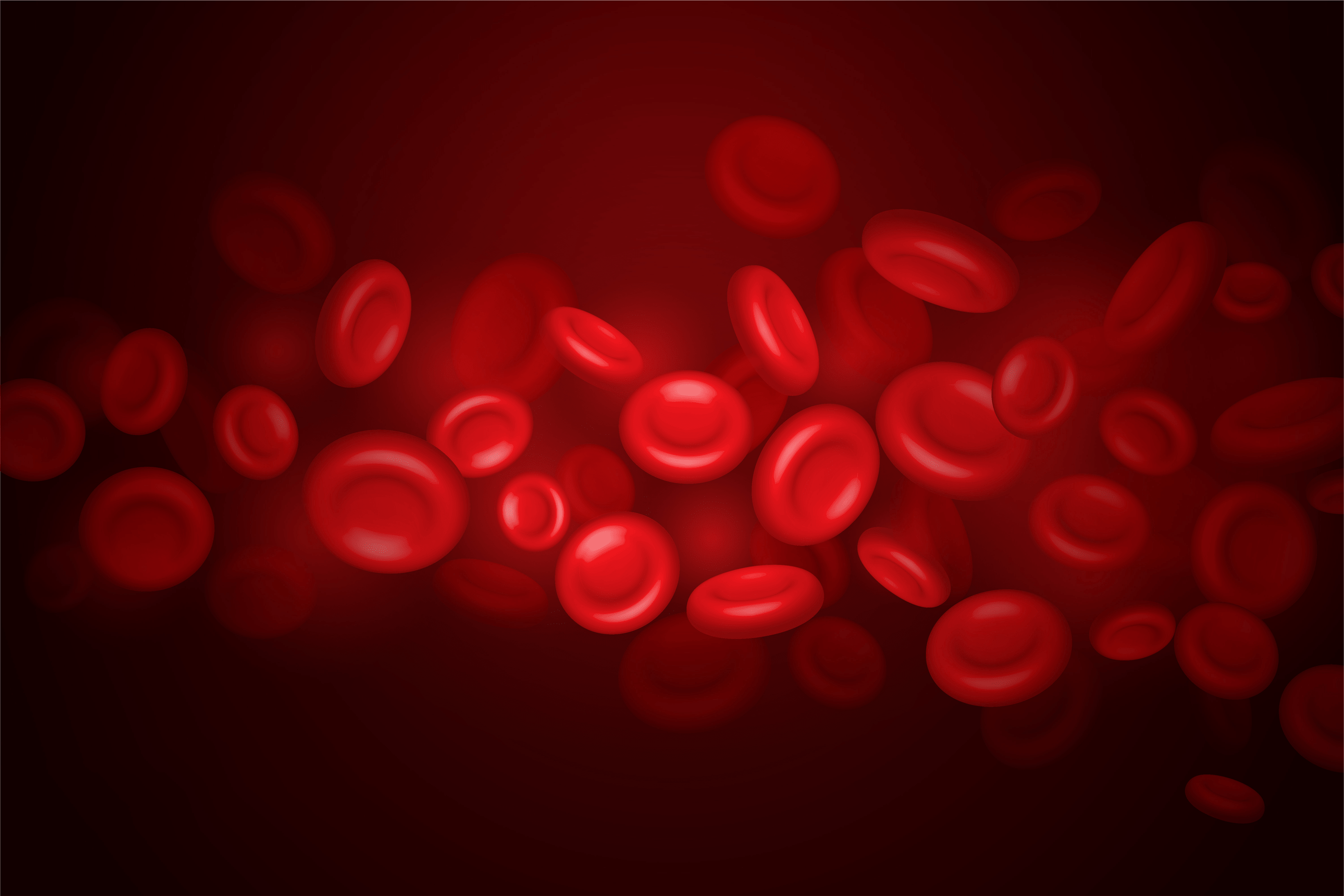
People who have diabetes are at higher risk of hyperglycemia. It is also known as high blood sugar that can develop from many different factors such as physical activities, food, nondiabetes medicines, illness, lack of glucose-lowering medication, etc. As controlling the blood sugar is the primary treatment of diabetes, high blood sugar or hyperglycemia is very harmful to people with diabetes.
There are mainly two types of hyperglycemia, such as fasting hyperglycemia and postprandial (after meal) hyperglycemia. Both of them can cause harm to your health. Repeated hyperglycemia can damage your blood vessels, nerves, organs, etc. Also, many other severe conditions can develop from hyperglycemia.
Hyperglycemia in people with type 2 diabetes can become deadly when the body cannot process sugar. Therefore, it is necessary to treat hyperglycemia as soon as possible, or it can be fatal and create many complications, including diabetic coma.
Hyperglycemia Symptoms
If you are suffering from hyperglycemia, the first thing you need to do is identify the symptoms. It will help you to get early treatment and get well soon. Unfortunately, most people ignore or do not notice the symptoms at the beginning stages.
Later, they become deadly and very severe that can damage your organs as well. So, knowing the hyperglycemia symptoms is very important to get treated. So, here are some of the common symptoms given below.
- Blurred vision
- Headache
- Fatigue
- Frequent urination
- Increased thirst
- Low concentration
- Weight loss
These are the earliest signs that you will get from hyperglycemia. If you manage to identify and treat it early, you will get well soon. However, ignoring them will cause some other symptoms to appear. Here are some of them mentioned below.
- Dry mouth
- Weakness
- Coma
- Confusion
- Breathing issues
- Abdominal pain
- Vomiting and nausea
- Smell in breath
- Skin and vaginal infection
- Vision problems
- Slow-healing in sores and cuts
- Damaged blood vessels, eyes, kidneys
- Loss of hair
- Erectile dysfunction
- Diarrhea
These symptoms can be very deadly, and some of them require immediate medical attention. There are situations when emergency medical assistance might require including:
- Not able to eat any fluid or food down your throat
- Glucose levels are more than 240 mg/dL
In any of these cases, you will need to get medical assistance immediately. Now that you know all the symptoms of hyperglycemia learn more about what causes this condition.
Hyperglycemia Causes
The best way to prevent having hyperglycemia is by knowing the underlying causes. Causes might differ based on different factors like age, gender, medical history, and others. For example, during digestion, our body creates sugar molecules from food. Among all the other ones, glucose is one of the sugar molecules that provide energy to our body.
Although it is absorbed into the bloodstream directly, glucose can’t enter the cells without the assistance of insulin. It causes the glucose level to rise in your blood and insulin to release. Insulin helps glucose enter and provide energy, but the extra glucose becomes glycogen and is stored in muscles and the liver.
However, people who have diabetes produce less insulin, which causes this process to be incomplete. So, the extra glucose stays in the bloodstream, causing hyperglycemia. It can also reach a dangerous level if not treated. Apart from diabetes, some other causes include skipping insulin, eating many carbs, infection, stress, being less active, and others that can cause hyperglycemia.
There are some syndromes available that can cause insulin resistance, like Cushing syndrome. The cause of hyperglycemia can also be pancreatic cancer, pancreatitis, cystic fibrosis, steroids, trauma, gestational diabetes, etc.
Effects Of Hyperglycemia
Hyperglycemia happens when a lack of insulin increases the amount of sugar in the bloodstream. There are some serious effects that you might develop with hyperglycemia. Here are some of the most common ones given below.
- Vomiting
- Rapid heartbeat
- Excessive thirst and hunger
- Vision problems
These are some of the common and early effects of hyperglycemia that you will notice with the signs of hyperglycemia. However, there are some other effects of hyperglycemia where it disrupts the blood-brain barrier causing cerebral edema. If hyperglycemia is left untreated for a long time, then it can cause ketoacidosis.
Ketoacidosis is one of the most threatening conditions for people who have diabetes and hyperglycemia. In this case, ketones known to be toxic acids start to build up in the blood. This condition can lead to death or coma. You will notice some symptoms in case of ketoacidosis such as dehydration, coma, confusion, vomiting, increased heartbeat, and others.
To prevent the effects of hyperglycemia, you will need to get early treatment upon detection of the symptoms.
Treatment Of Hyperglycemia
As mentioned earlier, you will need to understand and detect the condition as soon as possible. However, if you are in an early situation, you can recover with the help of home remedies. Most popular home treatment of hyperglycemia include:
Activity
Regular taking part in exercise can help you to control your blood sugar levels. In addition, you can take the help of different professionals to stay fit.
Eating plan
People with diabetes try to avoid foods and beverages to lower the sugar levels in the blood. Eating foods that contain sugar can make the situation worse. Take the help of a dietician or doctor to make a chart of your meal.
Drinking More Water
People who cannot take part in physical activity can choose to drink more water to lower their blood sugar. Water helps to remove the extra sugar through urine from your body.
If you have repeated or frequent hyperglycemia, then you will need to visit the doctor. The doctor will give you some medications. You have to take the proper dosage of drugs at the same time every day. If you have some specific condition or medical history, then ask your doctor to change the medicines.
Also, the doctor might recommend you to join the insulin program. It helps to provide a dosage of insulin that helps to correct the blood sugar levels. You can ask your doctor to know how many of this insulin supplement you need to take every month. Try to check your blood sugar level very often to keep track of the increase and decrease.
Conclusion
Hyperglycemia or high blood sugar can be very life-threatening if not treated correctly. You can find the symptoms, causes, and treatments of hyperglycemia in detail. Also, the effects are given that will help you to know more about this condition. Do not leave hyperglycemia untreated. Try to take medical help as soon as you start noticing any symptoms.











